Learn from the past and act for the future: A holistic and participative approach for improving occupational health and safety in industry
[Safety Science Volume 145, January 2022, 105475] Learn from the past and act for the future: A holistic and participative approach for improving occupational health and safety in industry Lucia Botti, Riccardo Melloni, Maniva Oliva Abstract: The European working population is significantly ageing. This trend is expected to increase in the next years. In this context, occupational health and safety strategies need to evolve, developing return-to-work procedures and workplace modifications to avoid long-term sickness absence and early retirement. Safety management strategies should consider age related factors, so that every worker, regardless of age, feels safe and committed to reach personal and corporate goals. This study proposes a holistic approach based on a participatory methodology to identify the causes of workplace hazards and to improve occupational health and safety in industry. The first step supports the identification of the root causes of accidents and injuries. The second step involves the participation of the workers in the analysis of the consequences and the causes of safety issues in their workplace. The last step investigates the process deficiencies that may impact on the safety performances of the work system. The participatory technique adopted in this paper is the focus group with the workers, based on the fault tree analysis method. The findings suggest that the causes of unsafe work conditions may be the result of inefficiencies and deficits in the work process. The proposed approach allows multiple benefits, including an increased commitment of the workers and an improved safety culture within the organization. Such improvements are critical, especially when a relevant part of the workforce includes aged workers with multiple years of experience with the investigated tasks and, consequently, prolonged time of exposure to the same risk factors.
Duiding score:
Duiding:
Wie hebben expertise?
Doelgroep(en):
- HSE managers
- Onderwijsgevers
- Strategisch leiderschap
- Tactisch leiderschap
Risicothema:
- Safety Culture and Leadership - Opleidingen
- Veiligheidscultuur en leiderschap - Veiligheidskunde
| Categorie | Uitgever | Maker | Taal |
|---|---|---|---|
|
Wetenschappelijke literatuur |
- |
Journal Chemical Engineering Transactions (CET) |
Nederlands |

